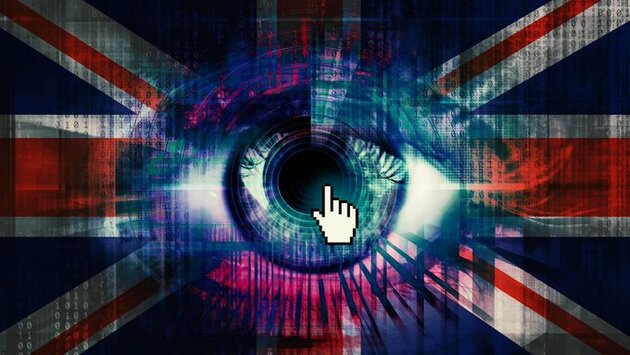Alerts

The idea behind a national digital identity sounds modern and efficient — but when it comes to the UK’s new BritCard, not everyone is convinced. Yes, a digital ID could be safe and secure – but the BritCard hasn't gained my trust, and here’s why the government’s plan raises more questions than it answers.
When UK Prime Minister Keir Starmer unveiled the BritCard during the 2025 Global Progress Action Summit, it was framed as a bold step against illegal immigration. Every adult in the UK would need to verify their right to live and work using this mandatory digital ID app.
But the backlash was swift. Within 24 hours, a petition to scrap the BritCard had gained over 1,000 signatures — and that number has now climbed to more than 2.8 million. Even members of Starmer’s own party are questioning the move.
The truth is, digital ID technology isn’t inherently bad. Countries like Estonia have proven that a secure, well-managed system can reduce fraud, simplify government services, and strengthen democracy. But trust is the foundation of such success — and that’s exactly what the BritCard is missing.
It’s hard to build trust when the UK’s record on data protection is far from spotless. A recent cyberattack on the Legal Aid Agency leaked over two million citizens’ records, including sensitive criminal data.
So, even though the government insists the BritCard will use “best-in-class” encryption and that credentials will remain on personal devices, many privacy advocates aren’t convinced. Encryption backdoors and government access to data have been ongoing concerns — and the idea of mandating a digital ID feels like a step toward a “checkpoint society.”
The European Union is already experimenting with its own voluntary digital ID programs. But the UK’s BritCard differs in one major way: it will be mandatory. Citizens won’t have a choice.
Originally, the plan was more flexible. The earlier GOV.UK Wallet proposal offered a voluntary way to digitize documents like driving licenses to simplify bureaucracy. But under the new scheme, every citizen — whether British-born or an immigrant — will automatically receive a BritCard.
The Labour Together think tank, which helped shape the plan, claims it will improve immigration enforcement and streamline verification for employers and landlords. Yet privacy campaigners, including Big Brother Watch, argue that it could lead to constant surveillance, data overreach, and “function creep” — where digital IDs gradually expand to monitor more aspects of everyday life.
Supporters of digital IDs often highlight how technology can make verification faster, safer, and even reduce age-related fraud. They’re not wrong — if the system is built with transparency and strong encryption.
But the UK’s track record doesn’t inspire confidence. Centralizing all citizens’ data in one system could make it a tempting honeypot for hackers, and any government misuse could have far-reaching consequences. Combined with efforts to weaken encryption — like the push against Apple’s privacy protections — the BritCard looks less like innovation and more like a security gamble.
At its core, the BritCard debate isn’t just about technology — it’s about trust and control. Proponents say it’s about fighting illegal immigration, but critics believe it’s a political maneuver that risks turning citizens into digital suspects.
As someone who immigrated to the UK, I already use a digital code from the government portal to prove my right to live and work here. It’s simple, secure, and works fine. So, what problem is the BritCard really solving?
Before rolling out a system that centralizes millions of people’s personal data, the government should first fix its cybersecurity infrastructure. Otherwise, the BritCard could open a new gateway for hackers — or worse, expand state surveillance under the guise of efficiency.
In theory, yes, a digital ID could be safe and secure – but the BritCard hasn't gained my trust because it feels rushed, mandatory, and poorly explained. Citizens deserve clarity about how their data will be used, who can access it, and what safeguards exist against abuse.
Until that happens, digital ID systems like the BritCard will remain controversial — not because of the technology itself, but because of how easily it could be turned into a tool for control rather than empowerment.
𝗦𝗲𝗺𝗮𝘀𝗼𝗰𝗶𝗮𝗹 𝗶𝘀 𝘄𝗵𝗲𝗿𝗲 𝗿𝗲𝗮𝗹 𝗽𝗲𝗼𝗽𝗹𝗲 𝗰𝗼𝗻𝗻𝗲𝗰𝘁, 𝗴𝗿𝗼𝘄, 𝗮𝗻𝗱 𝗯𝗲𝗹𝗼𝗻𝗴. We’re more than just a social platform — from jobs and blogs to events and daily chats, we bring people and ideas together in one simple, meaningful space.
